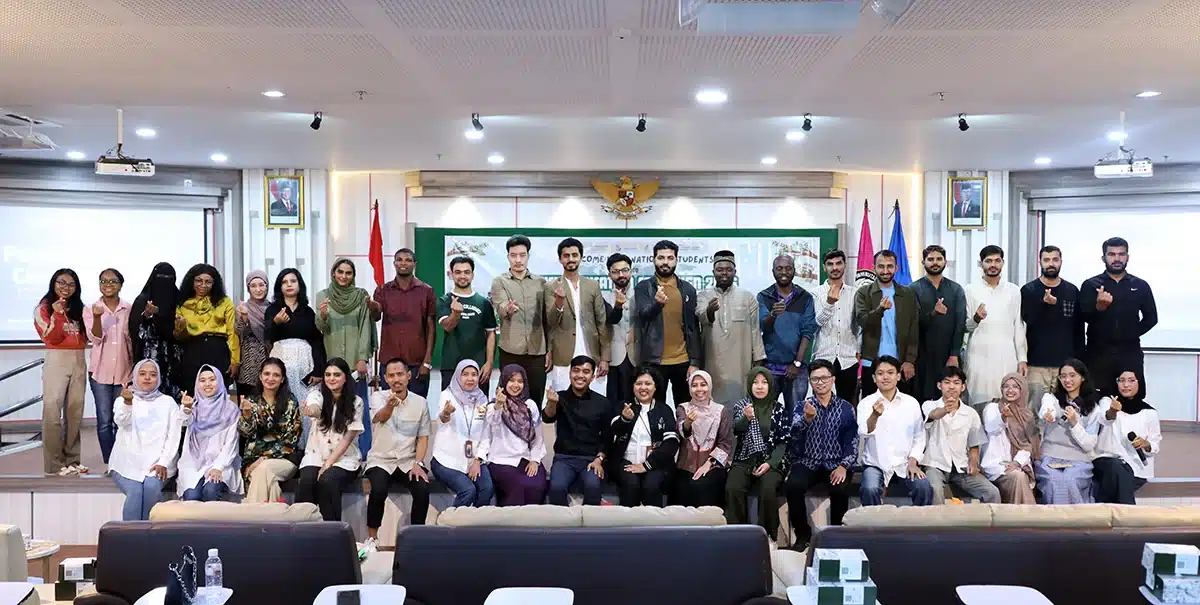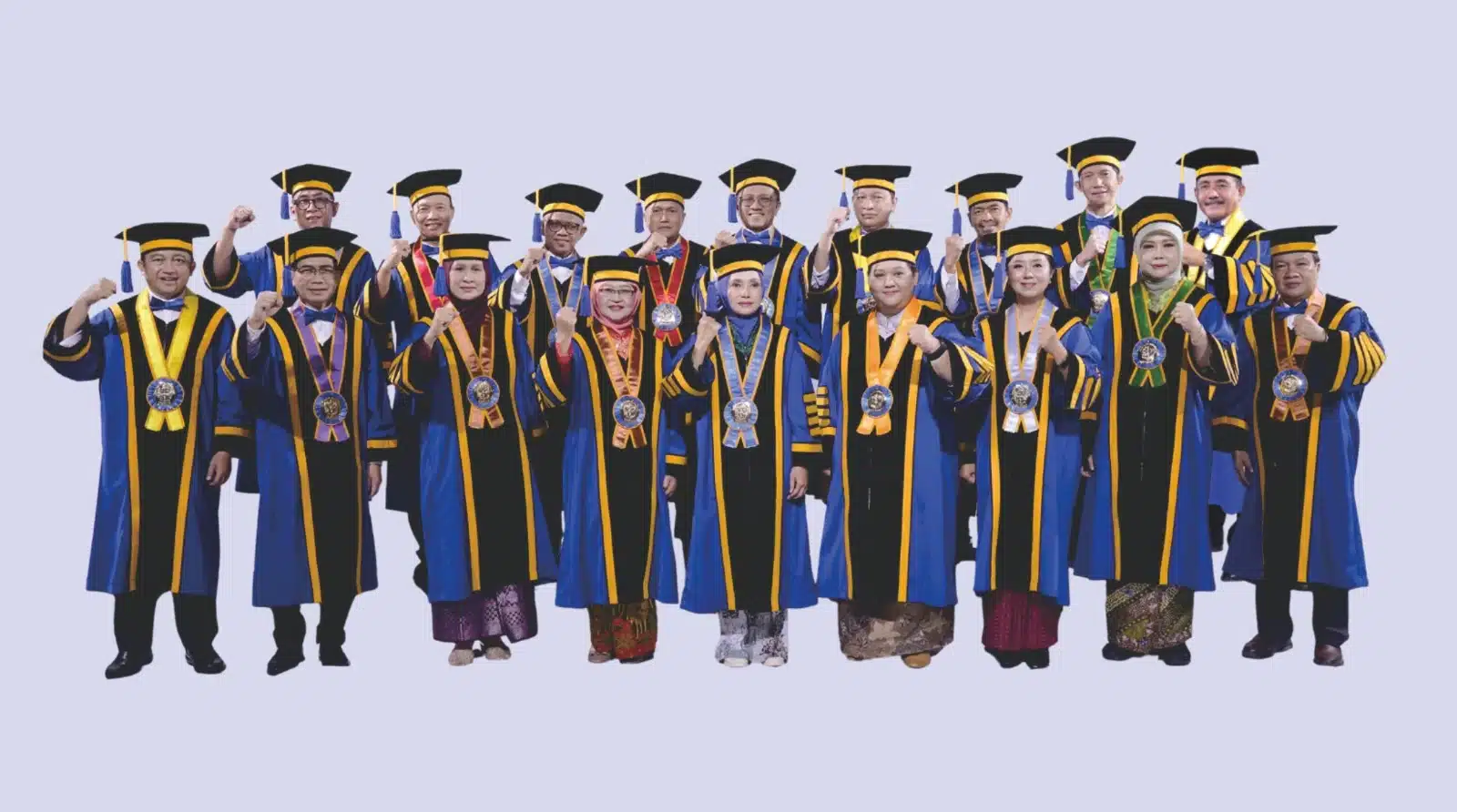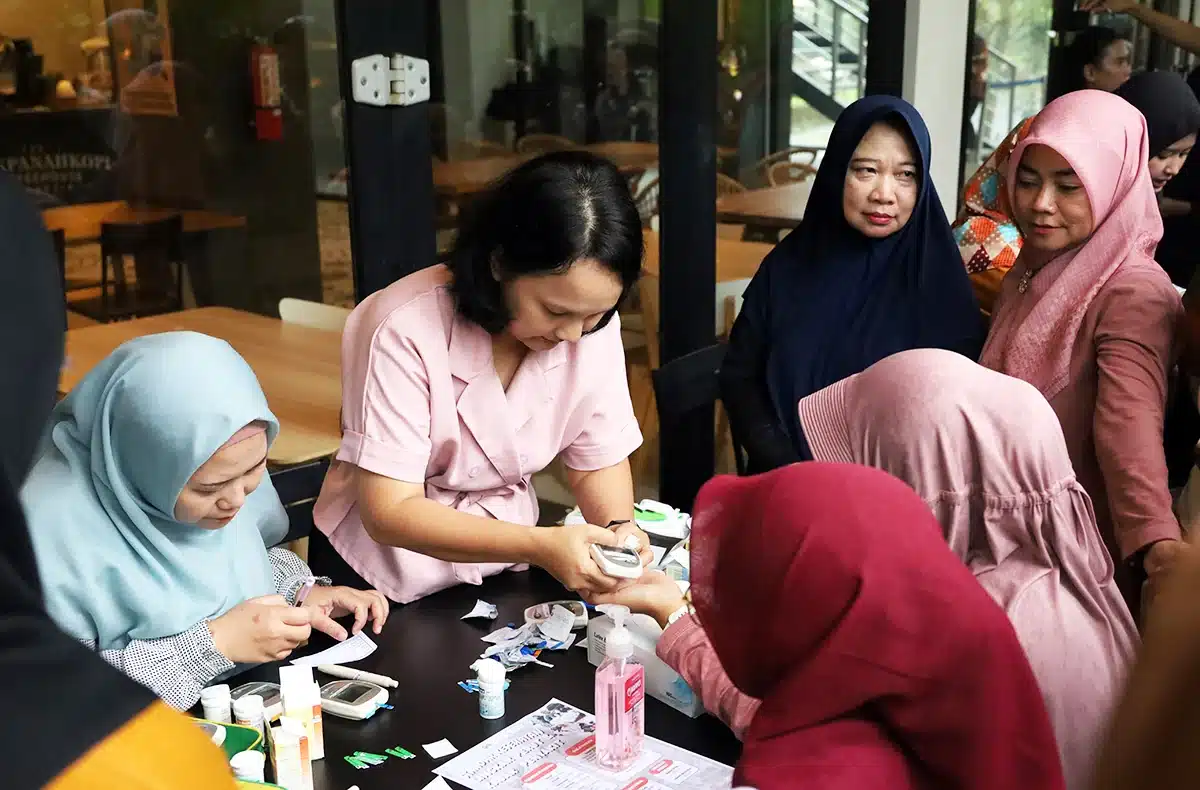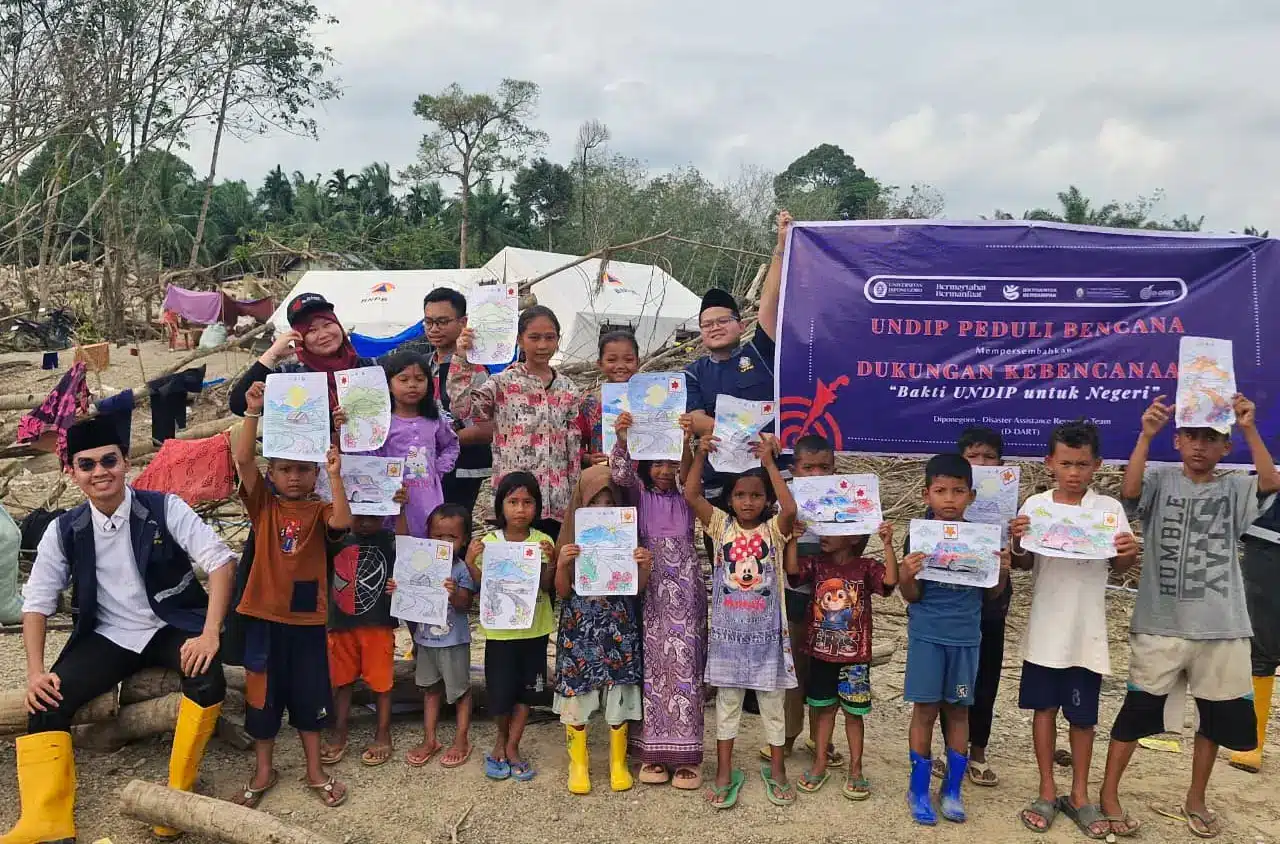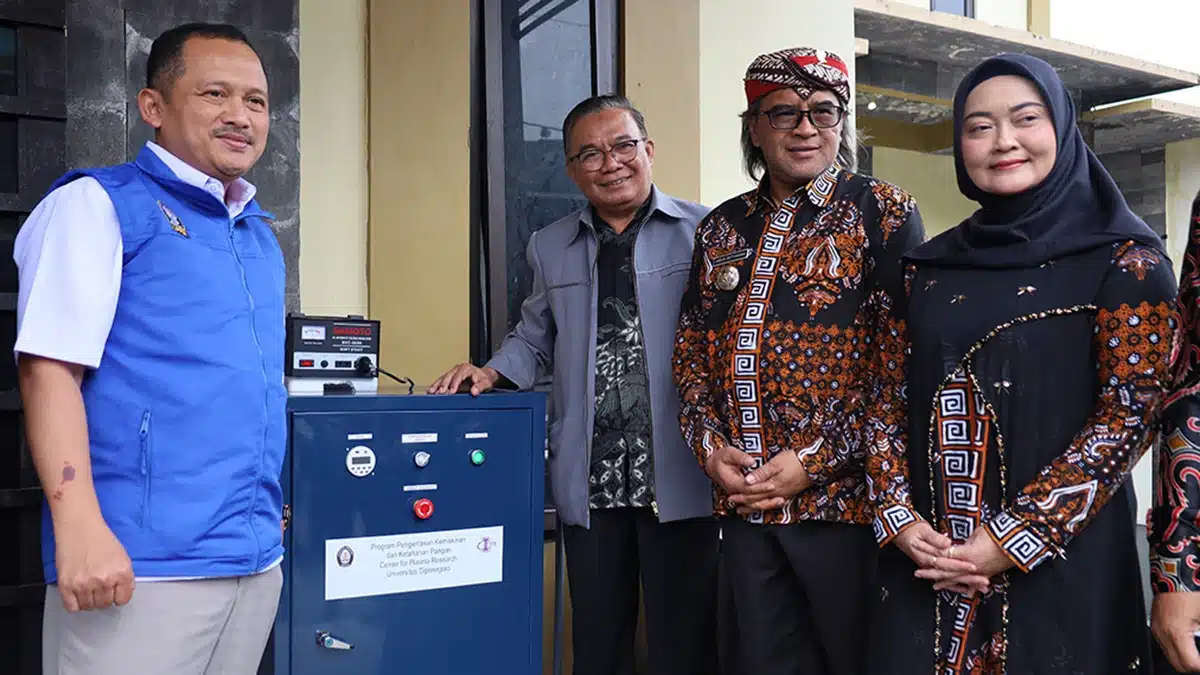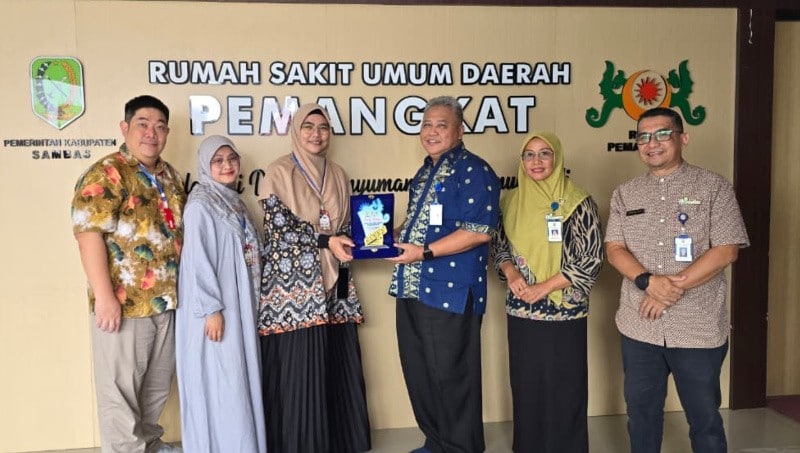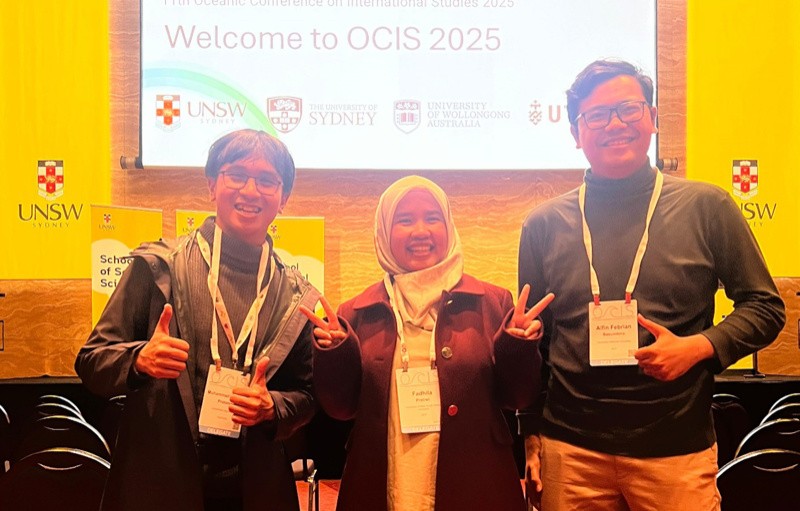Universitas Diponegoro (UNDIP) continues to advance its internationalization agenda. Through the World Class University (WCU) program, the university actively encourages members of its academic community to engage on the global stage. One such initiative includes sending delegates to international conferences. This time, Muhammad Faiq Adi Pratomo, S.I.P., M.Sc., a lecturer from the Department of International Relations, Faculty of Social and Political Sciences (FISIP), represented UNDIP at the 11th Oceanic Conference on International Studies (OCIS) held in Sydney, Australia.
OCIS is the largest international academic conference in the field of International Relations in the Oceania region, held biennially. The 2025 edition took place at the Kensington Campus of the University of New South Wales (UNSW) in Sydney.
The 2025 conference was co-organized by UNSW Sydney, the University of Sydney, the University of Technology Sydney, and the University of Wollongong, Australia. Faiq attended the conference as a paper presenter, delivering a presentation titled “Anti-Natality as Opposition to State-Sponsored Pro-Natalist Hegemonic Masculinity in South Korea’s 4B Movement.” His paper explores the 4B Movement, a digital feminist movement in South Korea where women reject marriage to men.
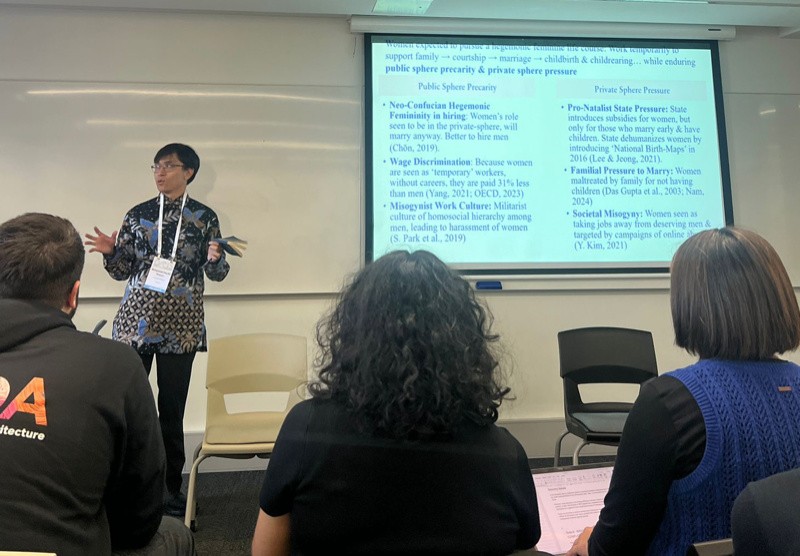
During the conference, Faiq attended keynote sessions including one delivered by Professor Robyn Eckersley, who spoke about the importance of rethinking international relations beyond the inter-state level to encompass planetary and global dimensions. Faiq actively participated in sessions on gender, the role of artificial intelligence in international relations, counter-terrorism, and the development of a political ecology framework for a new planetary-level perspective in International Relations (IR).
Insights and outcomes from the conference will be integrated into UNDIP’s WCU program through follow-up activities such as international academic outreach and integration into teaching, research, and publication efforts. UNDIP’s active participation in the 11th OCIS reaffirms its commitment to building global academic connections and contributing to ongoing, cutting-edge scholarly dialogues.
Faiq’s involvement in the conference brought significant institutional and academic benefits. For him, it provided valuable feedback for his article, which is planned for submission to an international journal. Moreover, he strengthened academic networks in the field of International Relations, particularly with scholars based in Oceania, including Australia, New Zealand, and Vanuatu. For UNDIP, participation in such international conferences enhances global visibility and opens new pathways for collaborative academic partnerships, including joint research and visiting scholar exchanges. (Public Communication/ UNDIP/ Faiq/Ed. Nurul)


